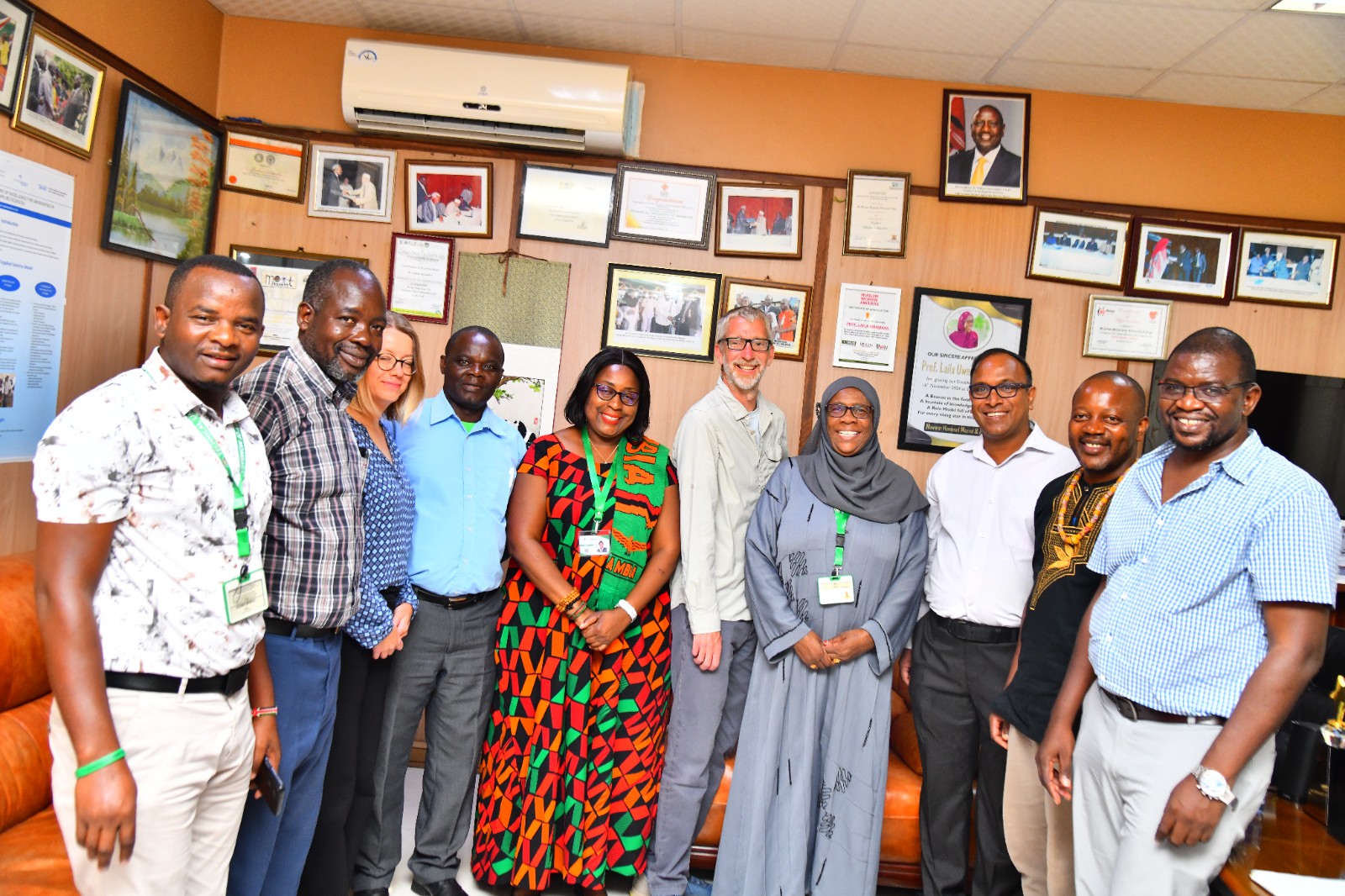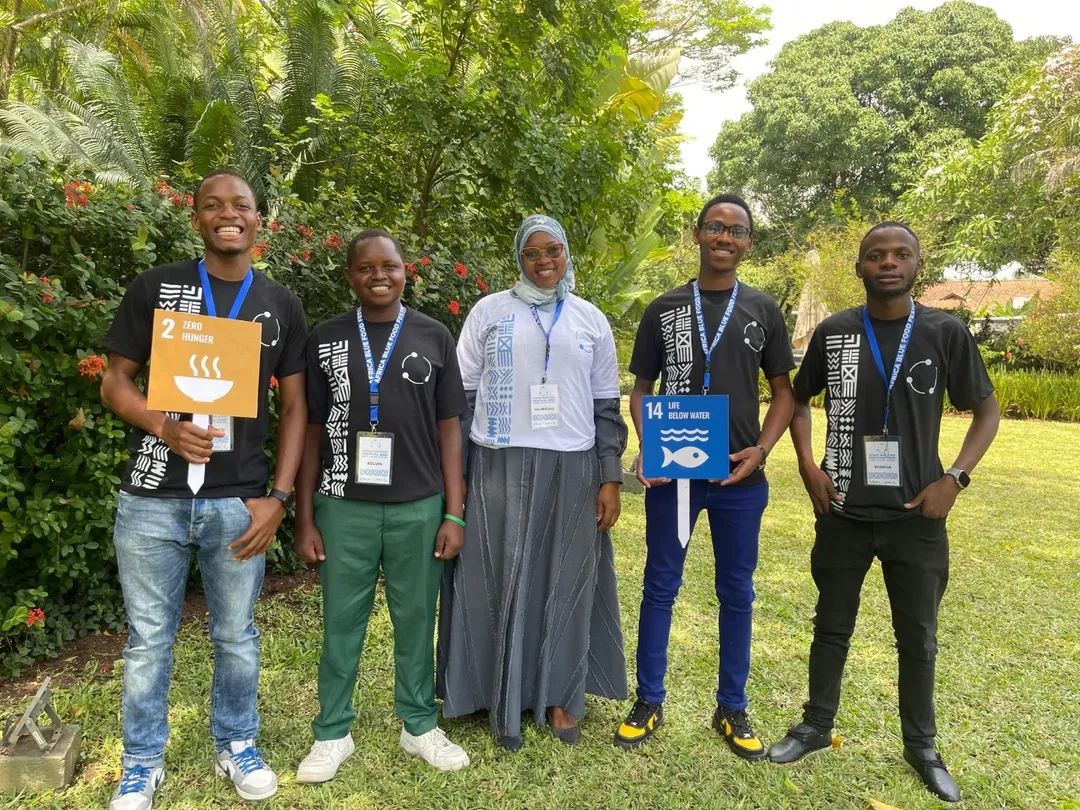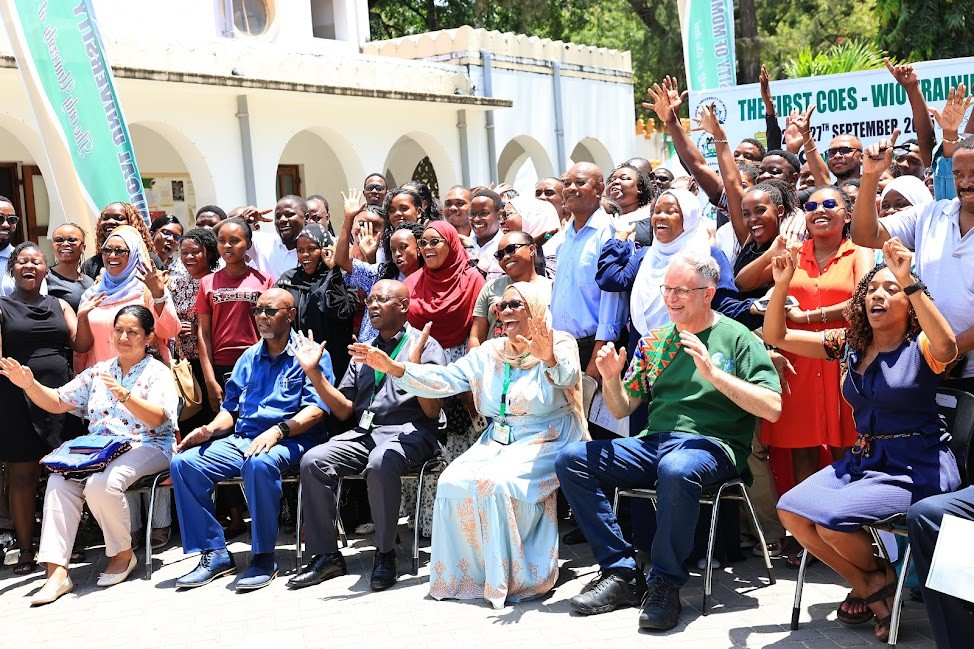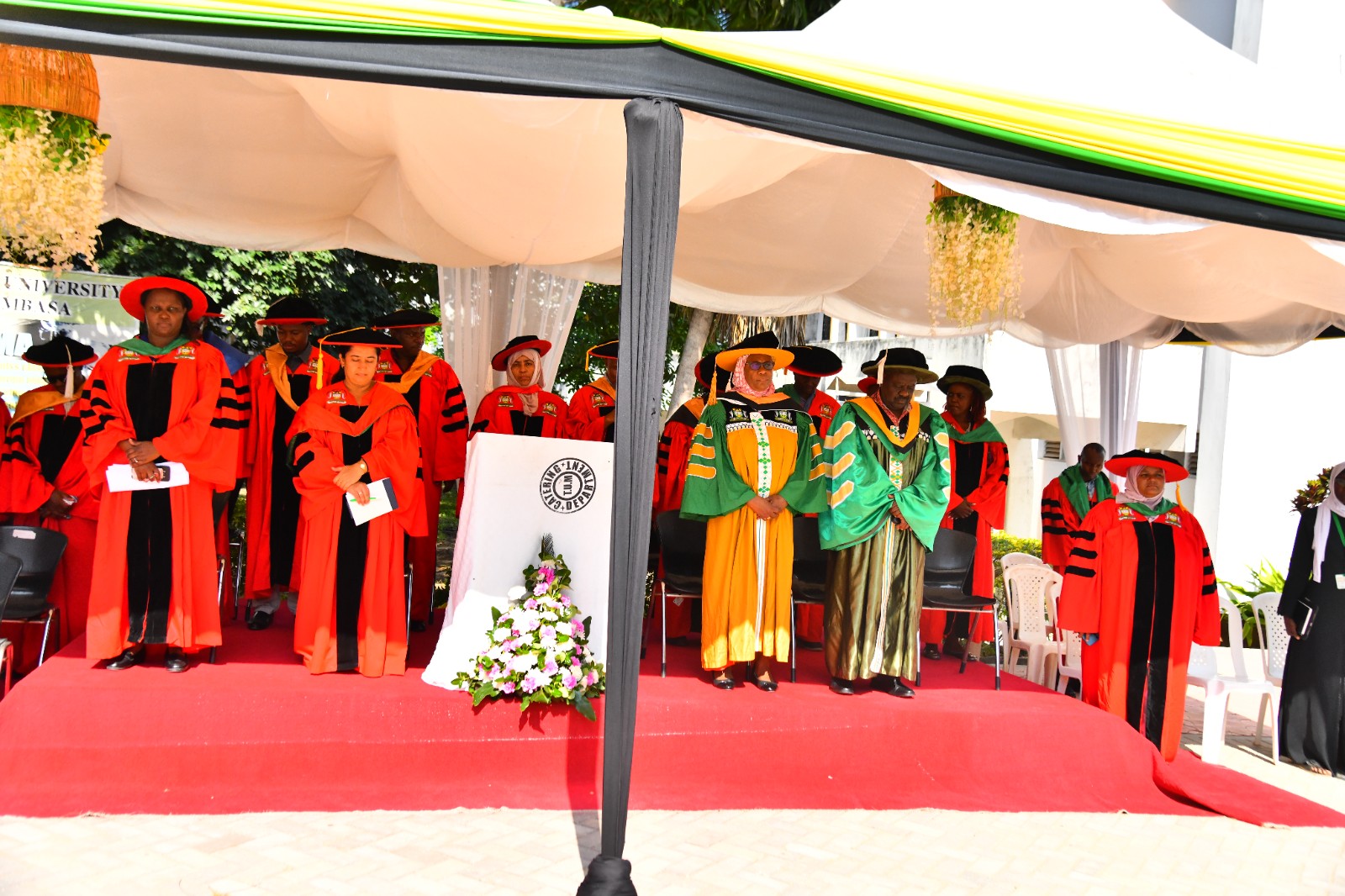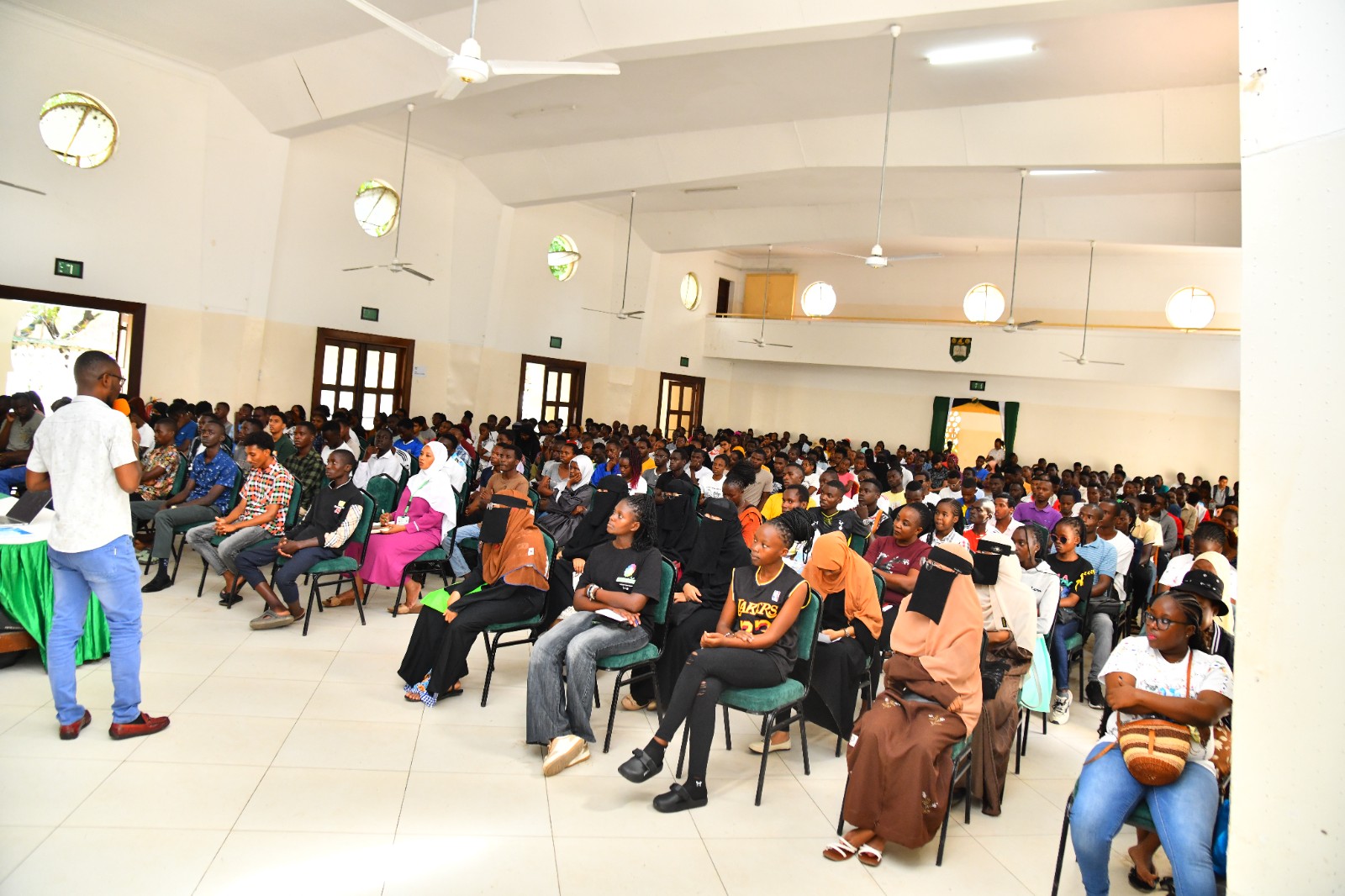The University of York from the United Kingdom (UK) has partnered with the Technical University of Mombasa (TUM) and two other African universities to implement an innovative solar energy project that targets rural communities, mostly fishers in Kilifi County.
A Kenyan entity Coastal and Marine Resource Development (COMRED) is also involved while the other universities in Africa are Lilongwe University of Agriculture and Natural Resources from Malawi, and the United Church of Zambia University.
The five institutions officially launched the initiative dubbed CREDiT Project in Mombasa-Kenya on Friday of September 12, 2025, at TUM.
CREDiT stands for Co-Designing Clean Energy for Rural Africa with Service Innovations and Digital Twins. CREDiT is a United Kingdom Research and Innovation (UKRI)-funded initiative led by the University of York. It is designed to advance clean energy access in rural Africa through inclusive, digital, and service-oriented models.
The Sh437.9 million initiative seeks to improve rural livelihoods, enhance climate resilience and expand equitable access to renewable energy in underserved communities.
The project focuses on deploying off-grid solar mini-grids in rural African communities to combat energy poverty. In Africa, the project is being implemented in Kenya, Malawi and Zambia.
In his presentation during the official launching of the project, Prof Suresh Perinpanayagam, a principal investigator from the University of York, said the project will partner with women-led fish trading groups, BMU leadership and youth entrepreneurs to co-design a solar-powered cold chain system for the community.
It will also upgrade existing solar infrastructure, expand storage capacity and deploy digital twin technology for predictive maintenance and performance monitoring.
In addition, it will also develop sustainable business model to promote local ownership and reinvestment in energy services, with women in fish processing receiving special focus.
"We will also conduct capacity-building workshops to train local technicians in solar maintenance, governance and entrepreneurship. What sets the CREDiT Projects apart is its integration of cutting-edge digital tools with community co-design and service innovation," Prof Perinpanayagam concluded.
In Kenya, one of the flagship sites is the Mayungu Beach Management Unit (BMU) in Kilifi County. The area is home to more than 900 artisanal fishers, traders and processors. For long, locals have faced unreliable energy access, post-harvest losses and limited cold storage facilities.
In her speech TUM Vice chancellor Prof Laila Abubakar lauded the CREDiT Project adding that for many years fishermen at Mayungu have been affected by unreliable power supply, which has contributed to generational poverty in the area.
The Vice chancellor has assured the CREDiT project team that TUM is committed to ensure the project succeeds at Mayungu.
Dr Lawrence Mukhongo, a TUM don, stated that Kenya is strategically located along the equator hence naturally endowed with solar energy.
“Sunlight hits the Earth most directly at the Equator; therefore, institutions should take advantage of this opportunity to invest in solar energy. I am the greening champion at TUM. We have a department that operates using solar panels. In the future, the whole institution will embrace solar energy,” Dr Mukhongo said.
Dr Innocent Ngao Wanyonyi from COMRED highlighted the socio-technical challenges at the Mayungu Beach Management Unit (BMU) and how the model can best overcome them.
The CREDiT project co-design approach ensures local communities actively participate in developing and implementing solutions tailored to their needs.

